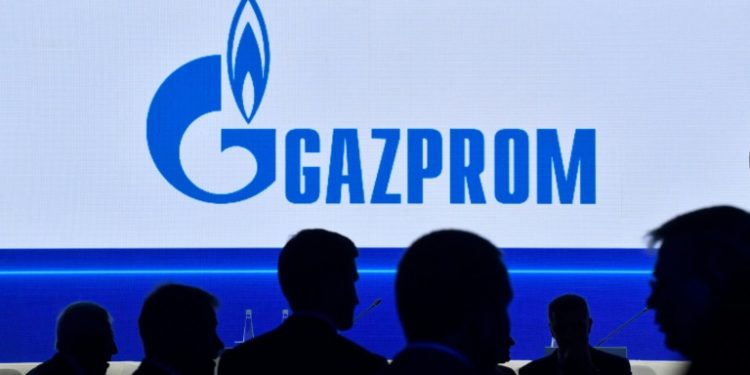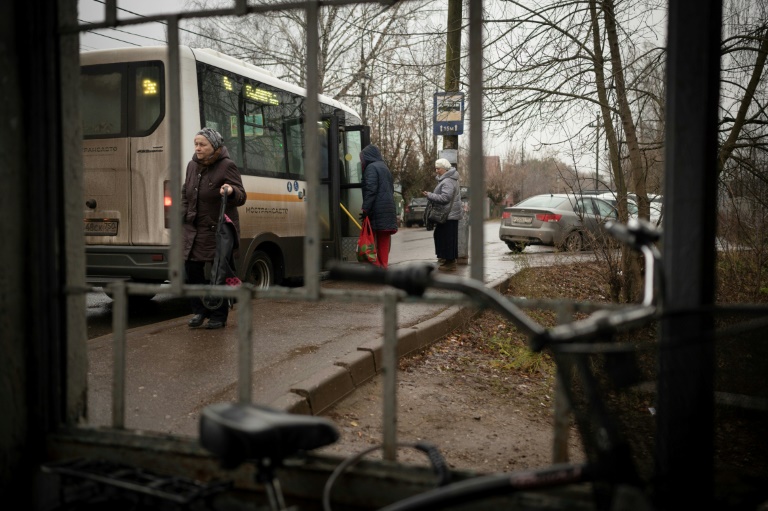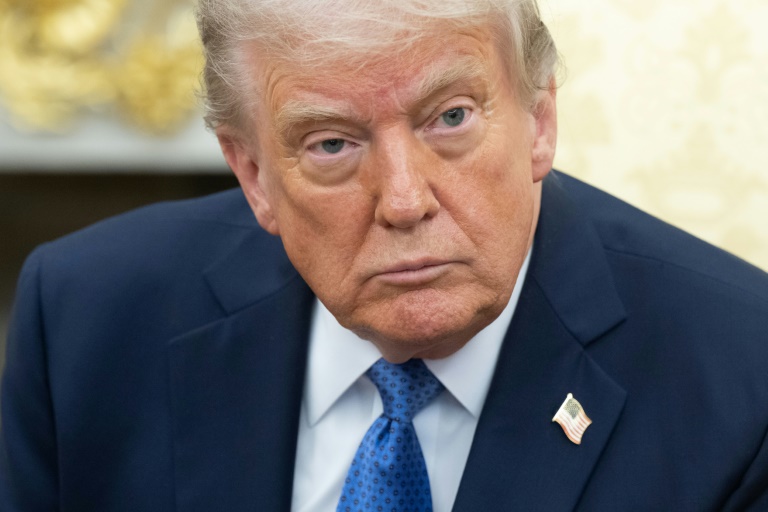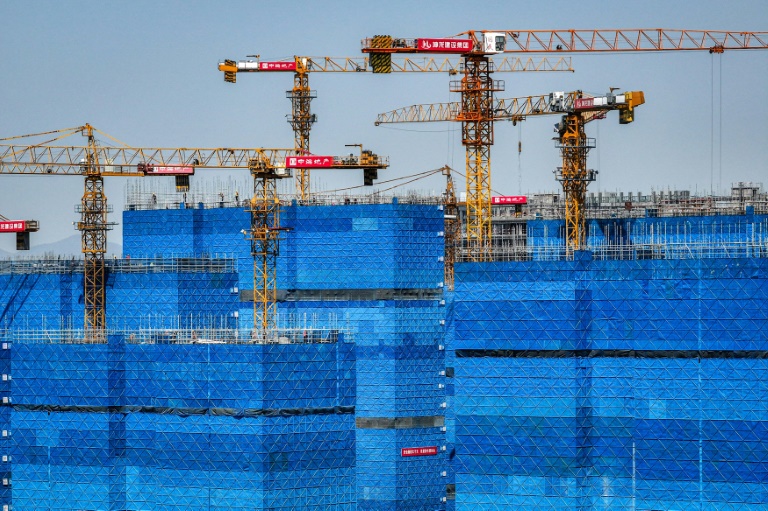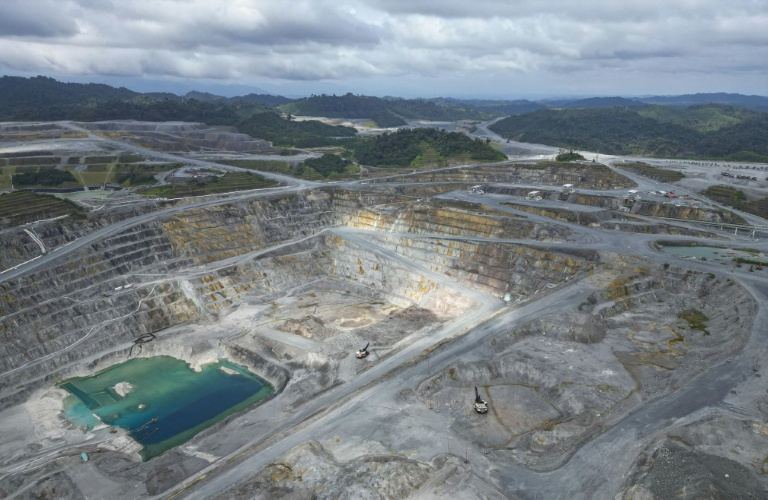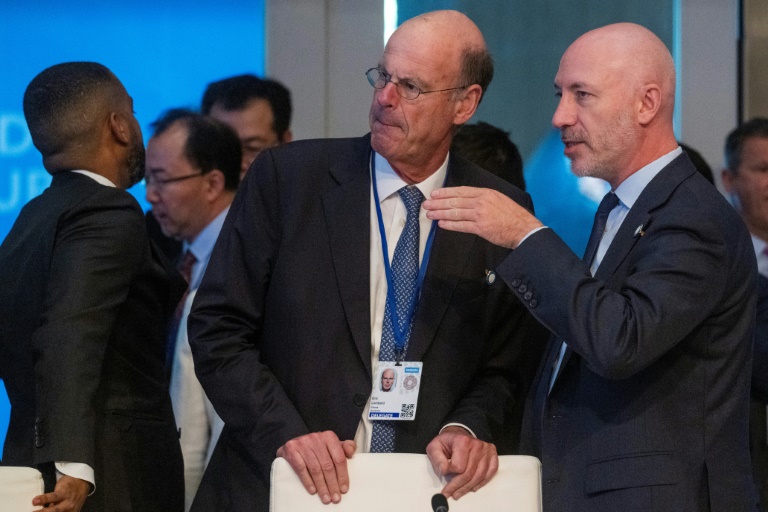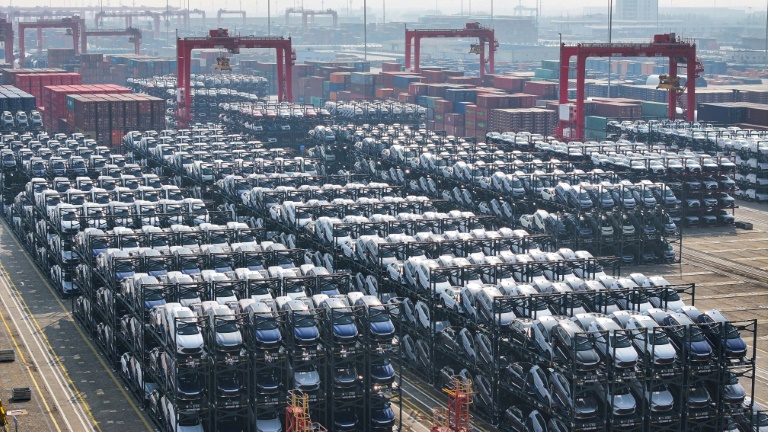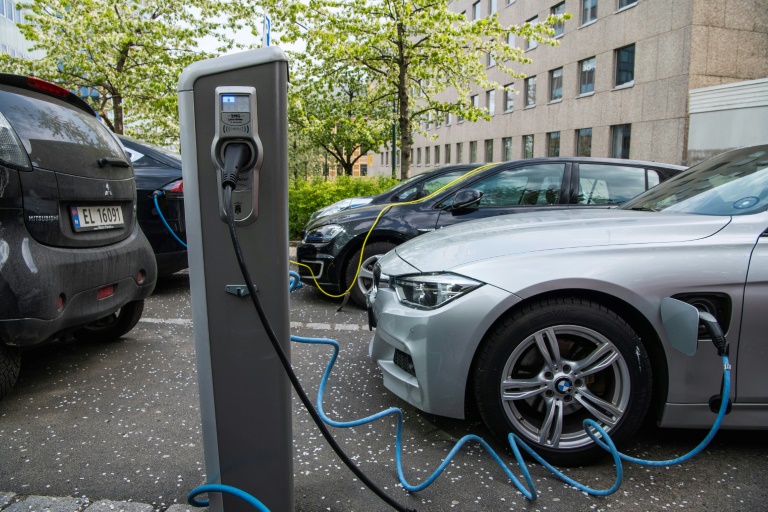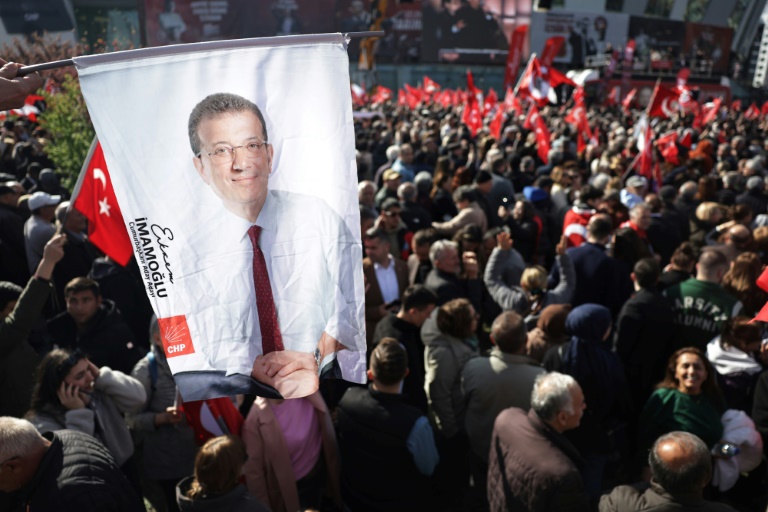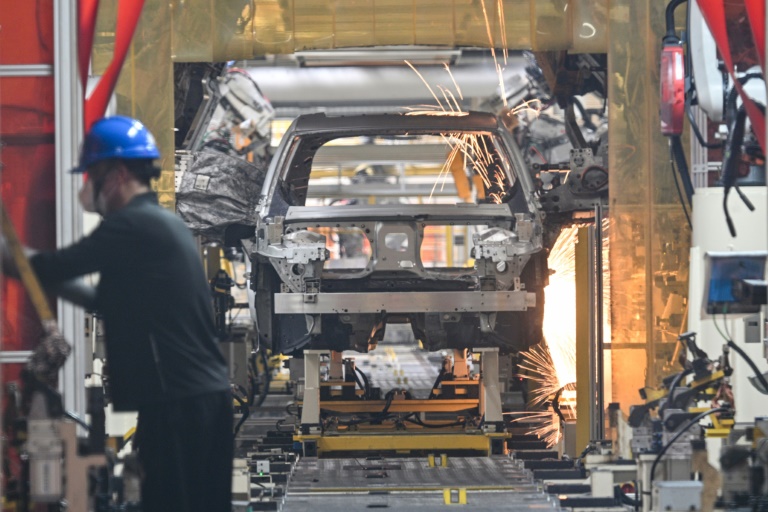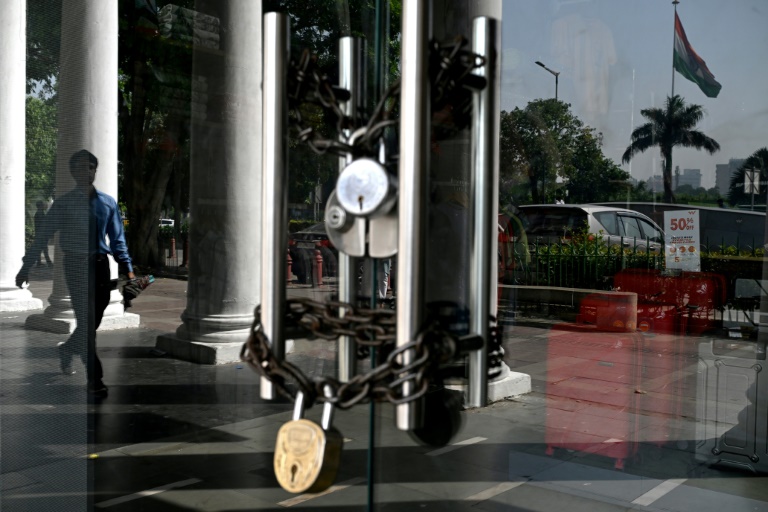Kyiv (Ukraine) (AFP) – Ukrainian President Volodymyr Zelensky on Wednesday hailed the end of Russian gas transit across his country as a significant “defeat” for Moscow amid its near three-year invasion. Flows of Russian gas to Europe via Ukraine stopped on Wednesday morning after Zelensky refused to prolong decades of cooperation that had earned billions of dollars for both Moscow and Kyiv.
Ukraine has attacked countries that still buy Russian energy as helping fuel Moscow’s war machine, but the decision has caused mixed reactions in Europe, Russia’s top gas customer before the February 2022 invasion. Moscow says Ukraine is shooting itself in the foot and frustrating its partners in eastern Europe that rely on Russian supplies. Russian gas accounted for less than 10 percent of the European Union’s gas imports in 2023 — down from more than 40 percent before the war. However, some of the bloc’s eastern members are still heavily reliant on Russian imports.
Zelensky pointed the finger directly at Russian President Vladimir Putin for the breakdown in gas ties. “When Putin was given power in Russia more than 25 years ago, the annual gas pumping through Ukraine to Europe was 130+ billion cubic metres. Today, the transit of Russian gas is 0,” he said on social media. “This is one of Moscow’s biggest defeats,” he added. “As a result of Russia weaponising energy and resorting to cynical blackmail of partners, Moscow lost one of the most profitable and geographically accessible markets.”
The move was welcomed by Ukraine’s close ally Poland, who called it a “new victory” for the West, following Sweden and Finland joining the NATO military alliance. But Slovakia, reliant on Russian gas, has slammed the move. “Halting gas transit via Ukraine will have a drastic impact on us all in the EU but not on the Russian Federation,” said Slovak Prime Minister Robert Fico, who has pushed Bratislava closer to Moscow since returning to power in 2023.
Without specifying who he was referring to, Zelensky called on others to “withstand the hysteria of some European politicians who prefer mafia schemes with Moscow to a transparent energy policy.” He urged the United States to increase its energy supplies to Europe, saying increased imports from allies would mean “the sooner the last negative effects of Europe’s energy dependence on Russia will be overcome.” European natural gas prices climbed above 50 euros ($51.78) per megawatt hour for the first time in over a year on Tuesday as buyers in Eastern Europe braced for the long-expected halt in supplies.
Hungary, which also buys significant quantities of Russian gas, is set to be largely unaffected by the move, as it receives Russian gas via the Black Sea pipeline, an alternative route that bypasses Ukraine by running through Turkey and up through the Balkans. Brussels has downplayed the impact that the loss of Russian gas supply will have on the 27-member bloc overall. “The Commission has been working for more than a year specifically on preparing for a scenario without Russian gas transiting via Ukraine,” it told AFP on Tuesday.
Energy revenues are crucial to Russia’s government finances. Amid the war and Western sanctions, Moscow has reoriented much of its lucrative oil exports towards Asia. But gas sales are harder to shift given the vast pipeline infrastructure that was built up over decades to serve the European market. While Europe was not immediately affected by the halt in supplies, the breakaway Moldovan region of Transnistria was plunged into an energy crisis on Wednesday.
“The year did not start out easy. There is a problem. Gas has been cut off from consumers in Transnistria,” the region’s pro-Moscow leader Vadim Krasnoselsky said in a televised government meeting, without elaborating on the extent of the problem. Gazprom had in December warned it would halt gas supplies to Moldova over a separate payments dispute with the government in Chisinau. Local media in Transnistria reported heating outages, while an energy supplier urged residents to “dress warmly,” gather into a single room, and seal doors and windows with curtains and blankets. More than 130 schools were without heating, Russian state media cited local officials as saying.
Chisinau, which last month issued a state of emergency over possible power disruptions, accused Russia of “blackmail.” The rest of Moldova has been spared for now, able to secure power imports from neighbouring Romania. It was already cut off from direct Russian gas, but still relied on a major Russian-supplied power plant in Transnistria for electricity.
© 2024 AFP

